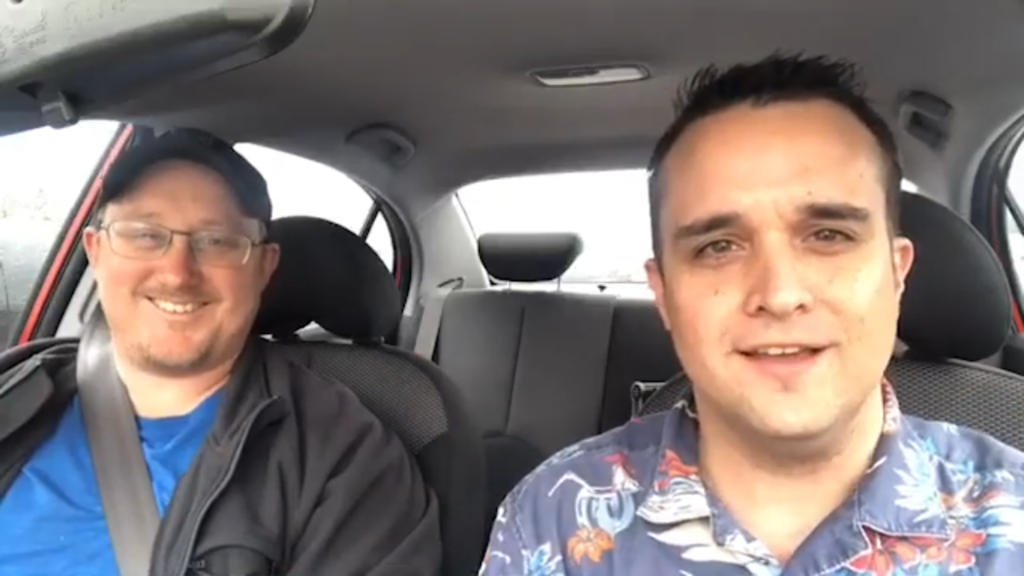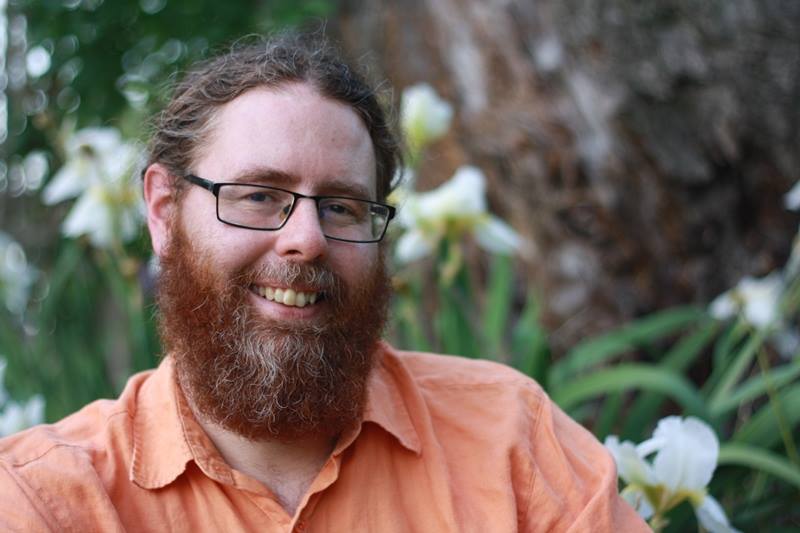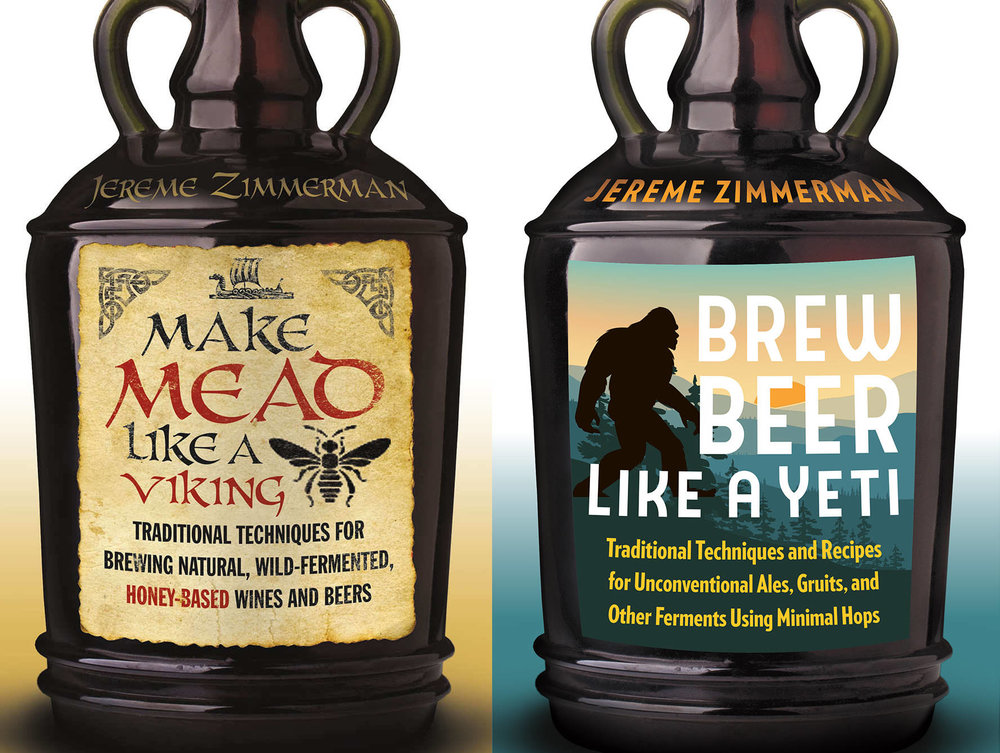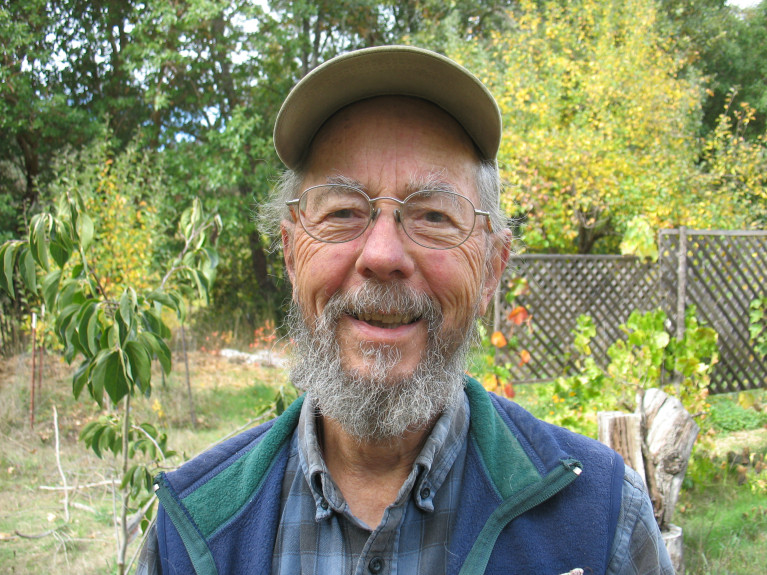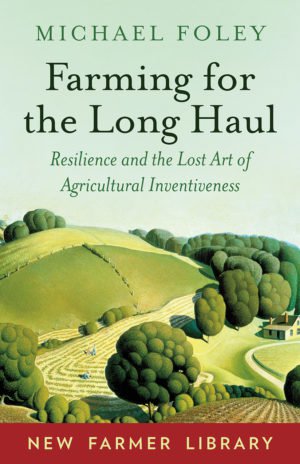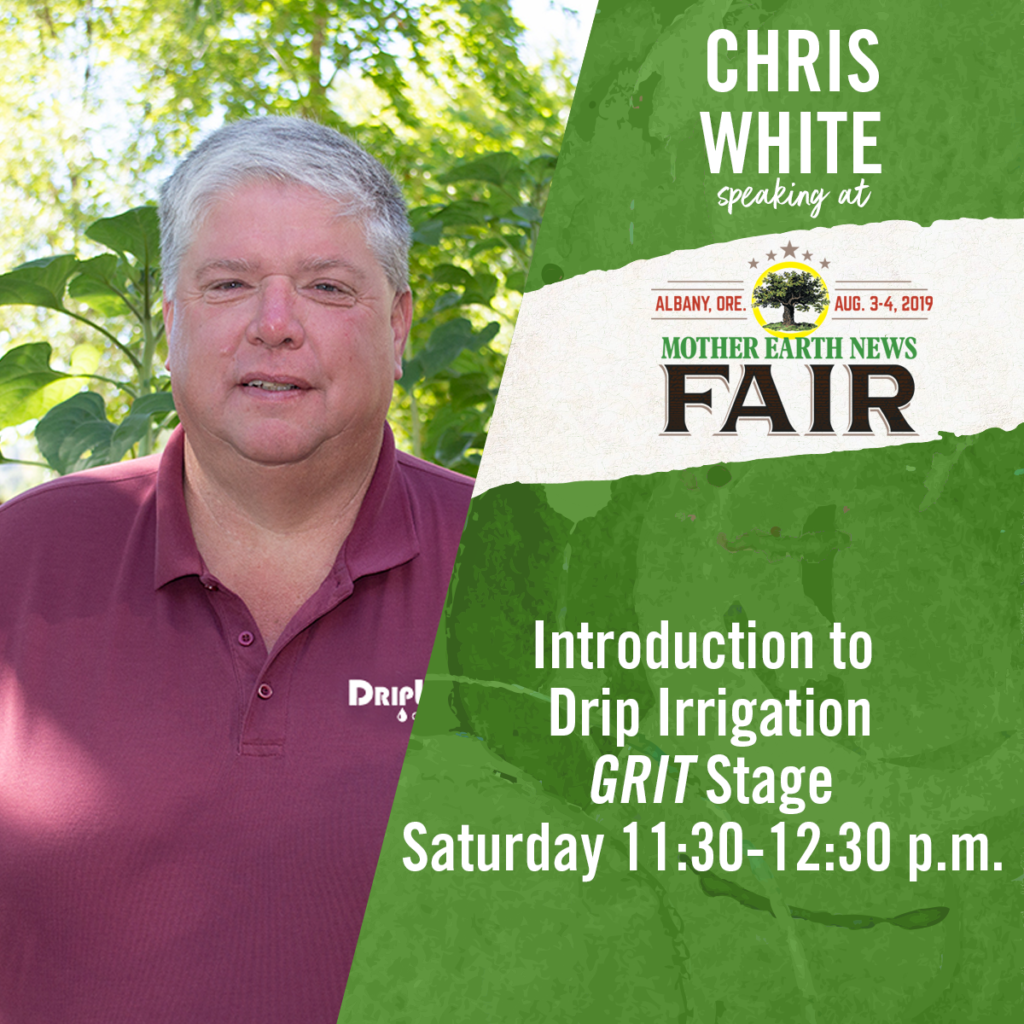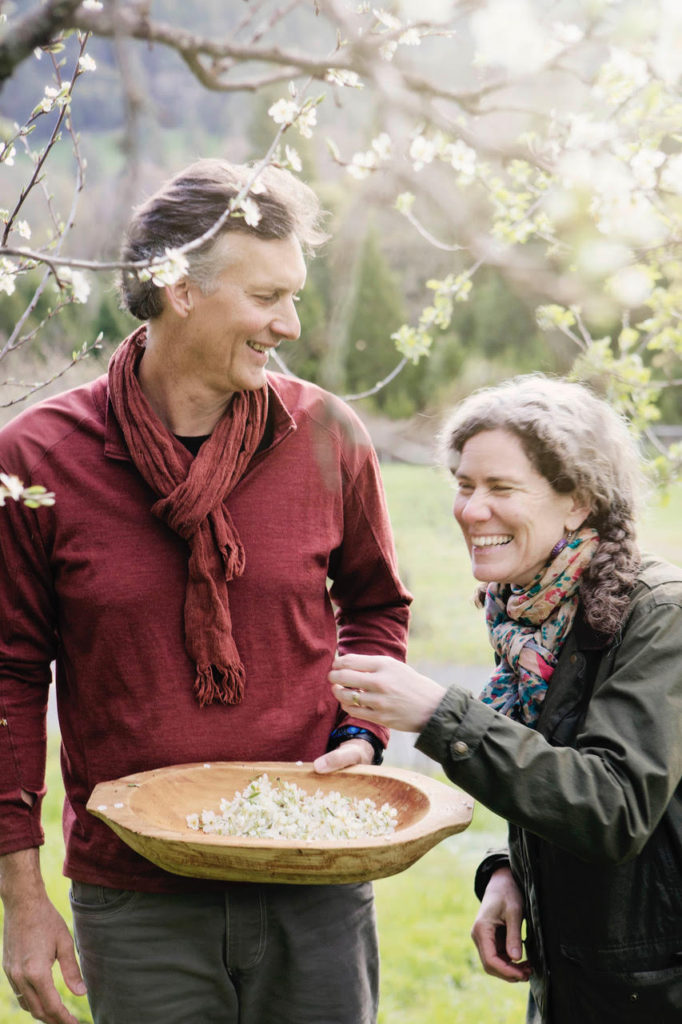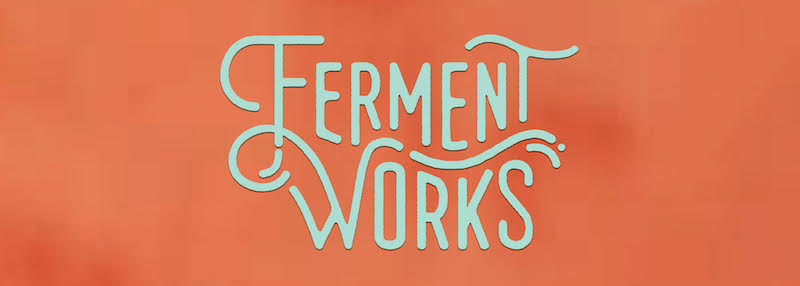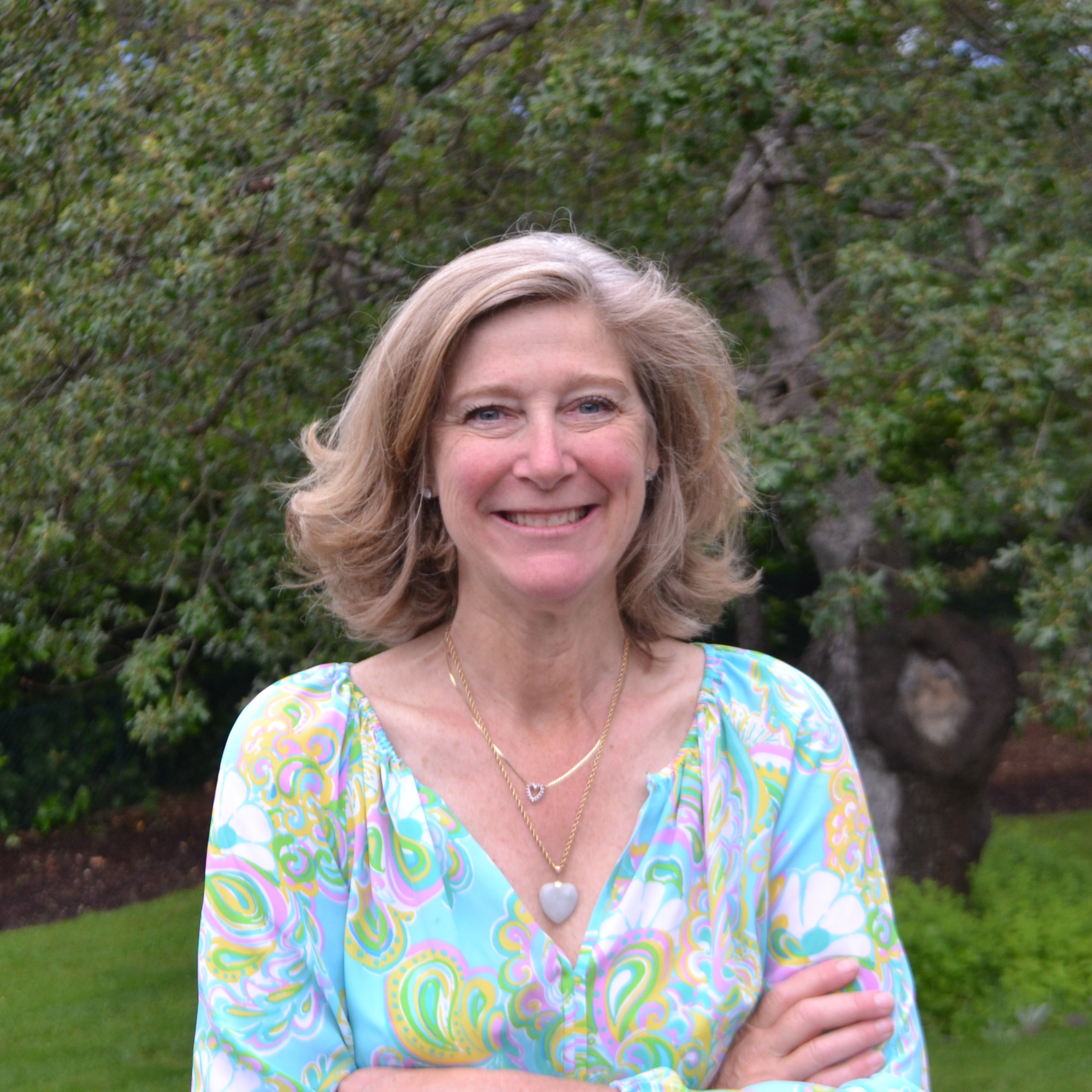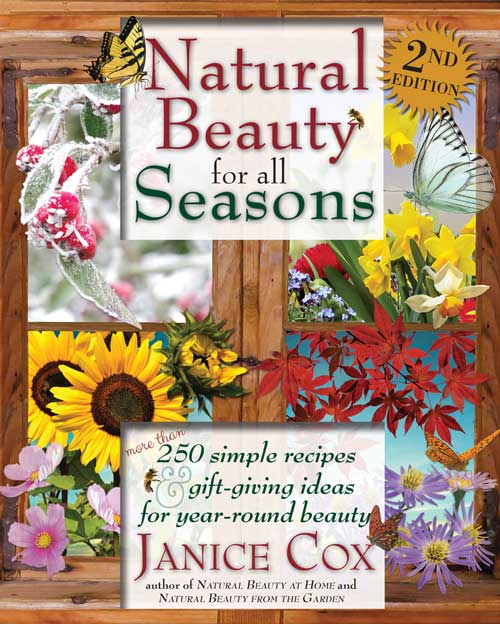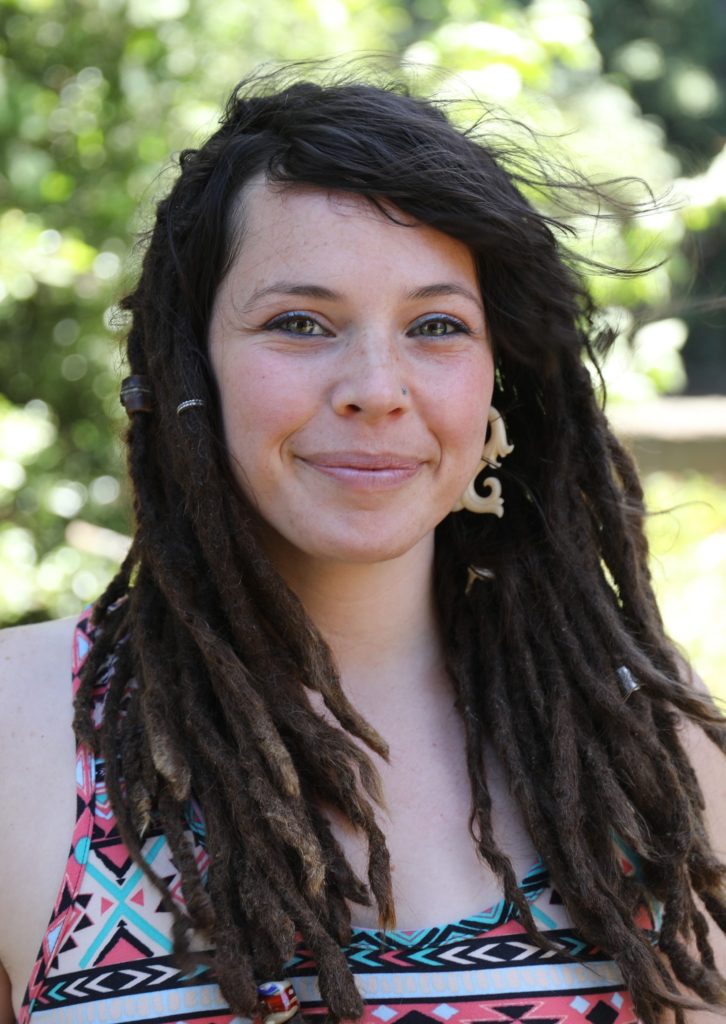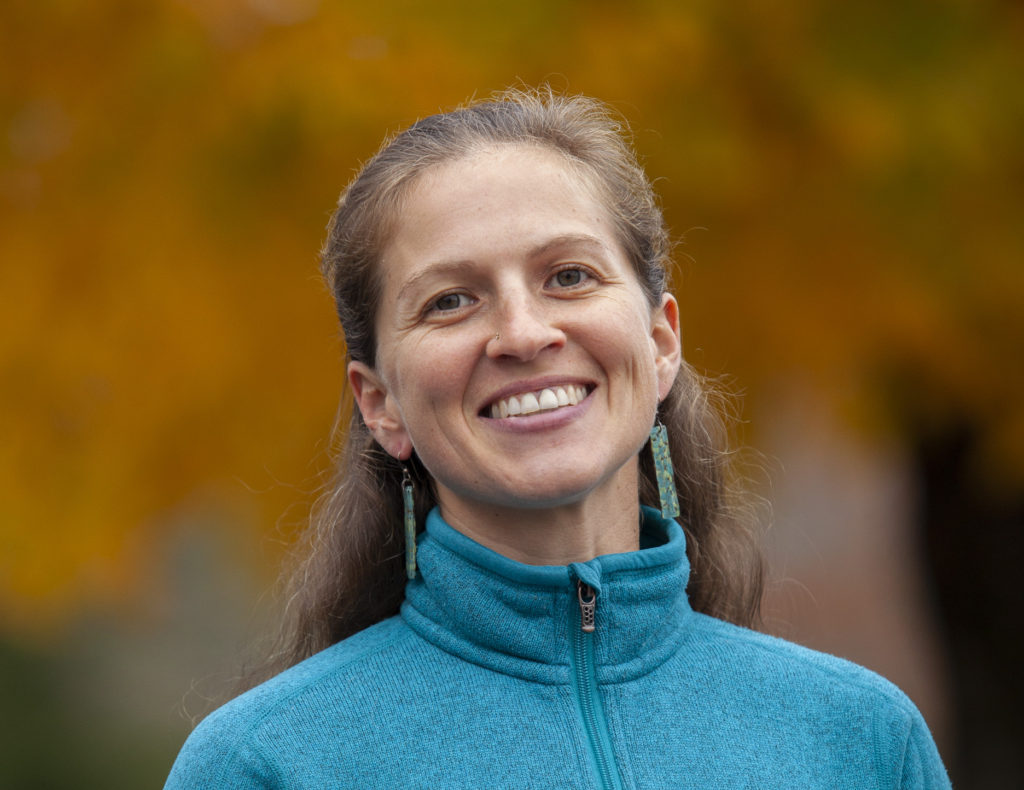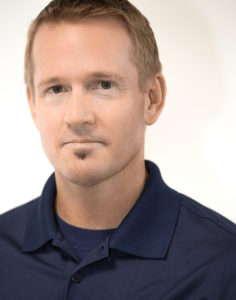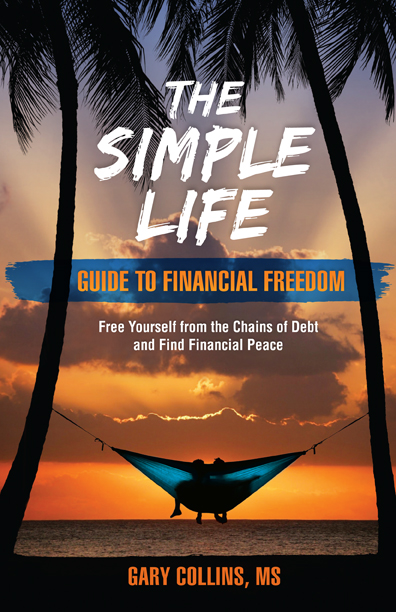Podcast: Play in new window | Download
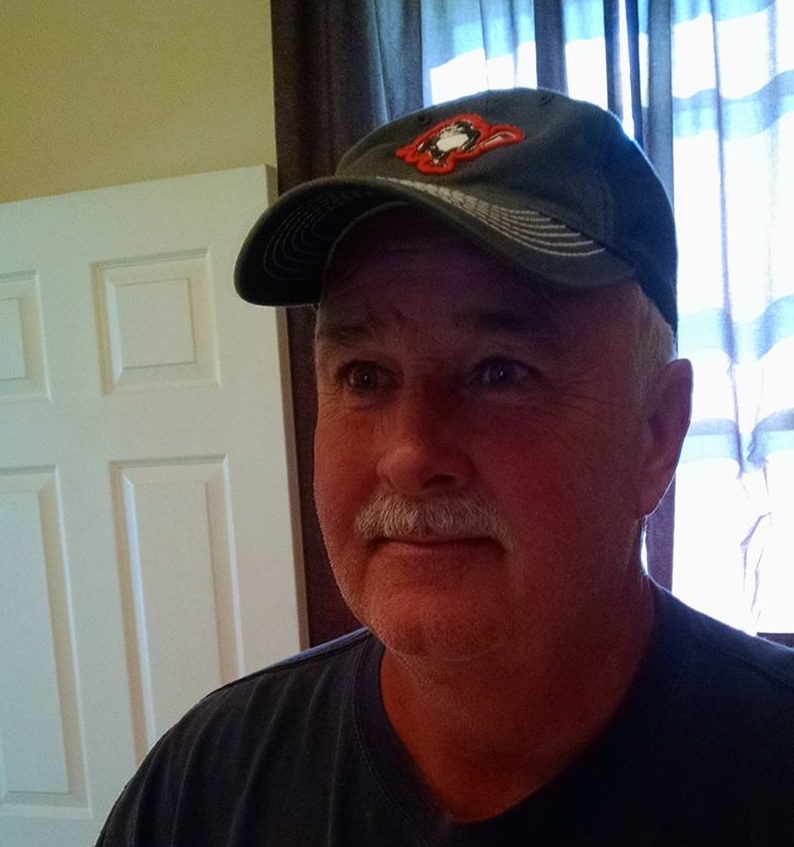
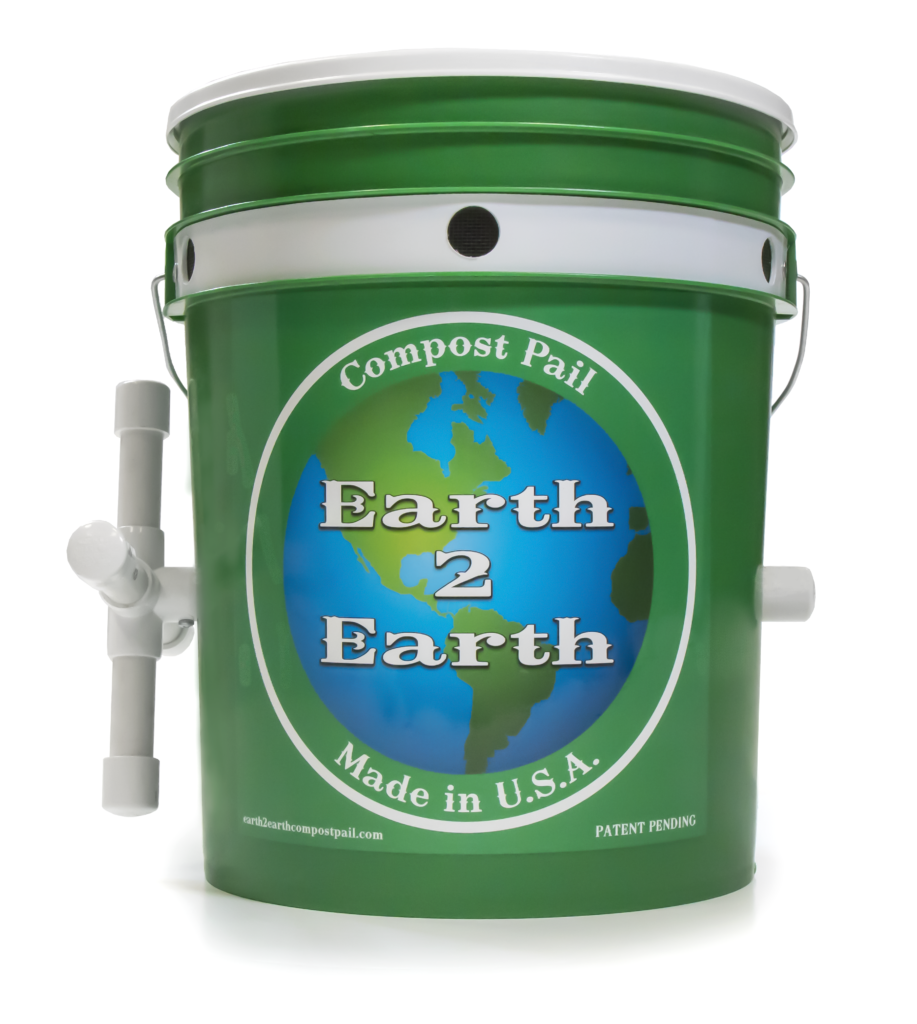
Episode 021.
How do you gauge success? Are you positive regarding your future? Are you persistent?
Scott Smith invented the “Earth 2 Earth Compost Pail” while still working full time in construction. He is now trying to spread the word of how important composting is, and how simple the process is using kitchen scraps and small garden trimmings.
Though new to business, Scott’s passion and drive will inspire you. Listen Now!
Go to Scott’s website for more – https://www.earth2earthcompostpail.com/
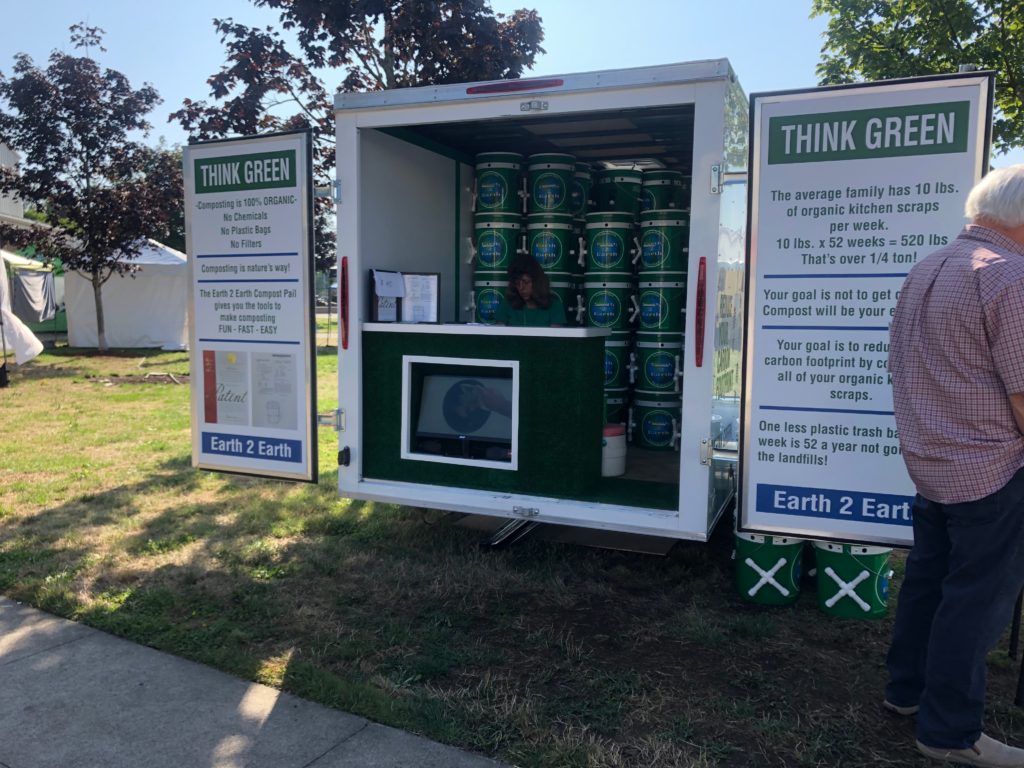
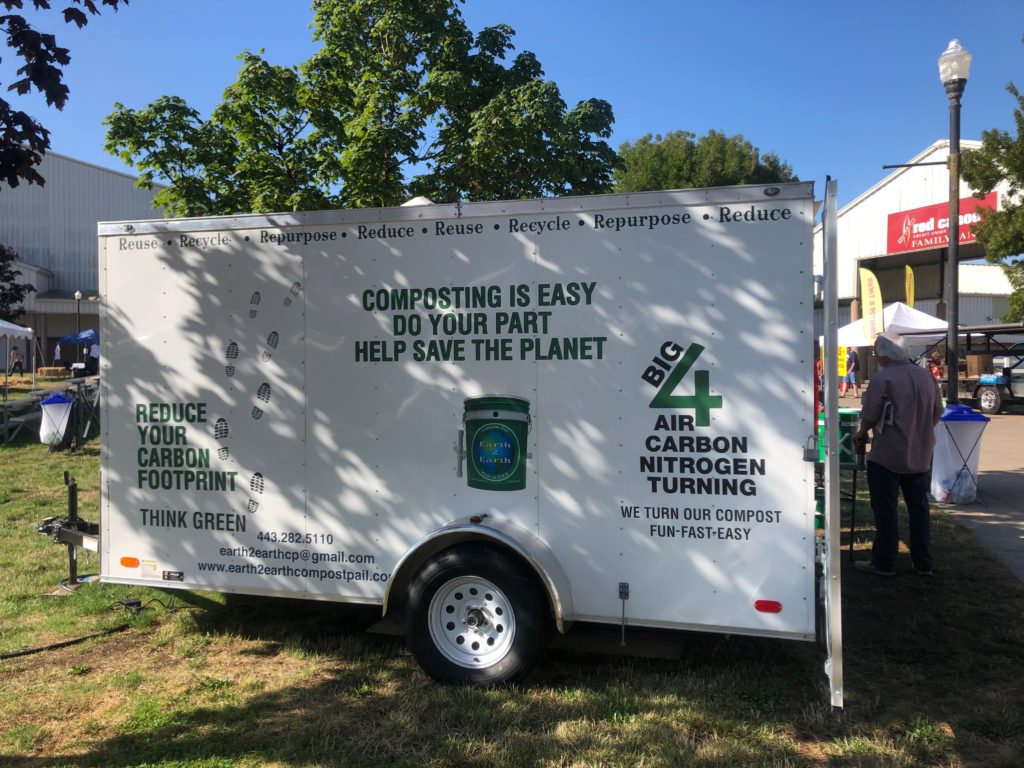
Find out the business events secrets for growing and strengthening ANY company: http://brianjpombo.com/secrets/
Full Transcript
Scott: Met some very nice people had a great time.
Did it really help my business? Time will tell.
If you’re a business, you need to get out there and meet your customers.
Podcast Intro: If you’re someone who refuses to go along to get along, if you question whether the status quo was good enough for you and your family.
If you want to leave this world better off than you found it and you consider independence a sacred thing.
You may be a prepper, a gardener, a homesteader, a survivalist, or a farmer or rancher, an environmentalist or a rugged outdoorsman.
We are here to celebrate you whether you’re looking to improve your maverick business or to find out more about the latest products and services available to the weekend rebel.
From selling chicken eggs online, to building up your food storage or collecting handmade soap.This show is for those who choose the road less traveled the road to self-reliance for those that are living a daring adventure, life off the grid.
Brian: Scott Smith has been in the commercial construction industry for over 40 years building quality projects that have provided his customers years of trouble free use.
That same pride and workmanship is exactly what’s led him to inventing the Earth 2 Earth Compost Pail, hoping he can help every homeowner to compost and do their part to help the environment.
Scott Smith welcome to the Off The Grid Biz Podcast.
Scott: Thank you.
Brian: Hey, besides what we heard in your bio, tell us a little bit about who you are and what you do.
Scott: I’m a construction Superintendent by trade I’ve been in construction business all my life. Was raised to where you do a job right? Try to the best job you can, you know, get up early, go to work every day, try to earn your paycheck.
And you take pride in what you do. Kind of how I live my life by you know, I mean, and if something’s not done, right, tear it apart. You fix it. No, you make it right.
You know what I mean, because if it don’t work, what good is it?
So that’s kind of the idea behind Earth 2 Earth compost pail. I spent a couple years making them redesign them. So they work right so they’re easy to use.
So the handles are right, so it does what it’s supposed to do. Trying to provide the average homeowner a product that is easy to use, affordable, and it does exactly what it’s designed to do, you know help you compost all your organic organic kitchen scraps.
Every person can do their part to try to help do a little bit to help the environment.
Brian: Awesome. So what actually led you to building the compost pail?
Scott: It started from a phone call. A friend of mine is a truck driver. He drives over the road he called me one day he’s on top of mountain, up in Montana. And he’s stuck in a blizzard. He can’t get down the mountain.
He had to go to bathroom. So he goes back to back from his trailer to go to bathroom and a moose started chasing him.
So moose started chasing him.
So he’s running downhill and so he’s trying to get away from the moose. He gets back to his truck, and he calls me up and he says he says man, you’re not gonna believe me.
I’m going to pass him and went back to my trailer and a moose started chasing me.
You mean tell me you got $300,000 track trailer and you don’t have a bathroom and your tractor trailer?
So starting from that conversation to me, I’m working on designing a inexpensive composting toilet because he was looking at some different composting toilets and they’re anywhere from 1,000 to $5,000.
I started just working on as like just something to do. It transformed into me going from working with a composting toilet to working on a compost because that’s more where my lord he’s lied because I like the garden.
I like to play in the yard I like do certain things.
And so I started messing around with that. So that’s kind of how it transformed me working with the compost.
It was funny how it went from a phone call to me spending two and a half years working on this compost payoff a file for a patent getting my patent, having a product that I market I sell, and it actually works and out of all the compost piles that I’ve sold, I’ve had zero returns.
So that tells me one thing is that even though my product is affordable, that it’s a good product to customers that are buying a product using their product must be having success or I’d be getting some return, so that makes me feel good.
And a few months ago, I attended the Mother Earth News Fair in Frederick, Maryland.
So I’m talking to a few of the possible customers coming by and an older lady was there. She says this great idea. Because if you could sell a million of these stop millions of tons of organics from going into the landfill, you would have a successful life.
I started thinking about what she said to me. And it made me smile, because how true would that be that if my small invention could have a positive input on helping people reduce their carbon footprint to help each person do a little bit to help the environment?
And that really hit a chord with me. Is my product, right for everybody?
Probably not.
But it’s right for a majority of the people? Yeah.
Do I want my business succeed? Absolutely. I want my business succeed.
When I leave this earth, it would be nice to have a positive impact.
Do I have all the answers? I really don’t. lol.
One thing that all the years spent designing this product and testing it, testing and have family members test it that it does exactly what it’s designed to accomplish faster and more efficiently than any other product out there in the market.
And I’m really proud of what I’ve designed.
Composting is not a knowledge that we’re born with.
Composting is just like recycling. It’s something that’s learned, you know, I mean, so it’s passed down from father to son, mother to daughter.
So you get done with your plants with water bottle, you throw it into place recycling day.
If you get done with your organic kitchen scraps if you throw them into the compost, or instead of throwing them into the trash can and so the more education we can give everybody to let them understand that we only have one planet we have one earth but people polluting all the rivers and throwing all the trash and it’s just like now, today’s like disposable world.
People eat something and they throw it in the trash. Trash guy comes, picks it up, takes away anything else ended a promise. That’s just the beginning of the process.
Now you’re putting more trash bags into landfill. You’re putting all your organics into the landfill.
You know compost on a large scale is a huge job with collecting all the organic materials, the trucks to labor, the co2, you’re putting in the air, hauled it all to landfill, and then all the equipment all their.
My compost pile can compost over 520 pounds of organics a year. That’s over a quarter of a ton. So a four of us do it.
That’s one time I need a million people as 250,000 tons and we’re not putting into landfill.
Before I started working on a compost pile, I didn’t have the knowledge and understanding how much waste was actually being taken to the landfill. Because it wasn’t something I was reading about.
It wasn’t something that I was involved in. The one thing I tried to do when I invented this compost pail, I tried to make it as the best materials I could find for being in construction because I wanted to make something that was made of the best materials and it was affordable.
That it worked and it worked every time there was no guesswork so somebody from five years old, 80 years old can use it.
And they’ll get years and years of success out of it. So I tried to make the best product I could, and I feel I’ve come up with a pretty good product I really have.
Brian: Awesome, that’s really cool. And just to let the audience in on it the way I met Scott, he was a vendor at the Albany Mother Earth News Fair.
Just to give you a little bit of an understanding of this and if I have pictures, I’ll include them on this post over at offthegridbiz.com.
He actually had his setup outside he has a back of a trailer all set up you get to see these compost piles there. He shows you a live demonstration. It’s a very impressive setup.
Is this your first business Scott, have you ran businesses before if you had your own business?
Scott: Never had a business before. I did some home improvement stuff but I’ve always been a commercial construction industry and I did the Mother Earth News Fair in Frederick and we rented a tent we had a table and all but it just didn’t suit my needs.
That’s why I purchased the trailer and one thing People need to understand is that I’m from Maryland. I drove from Maryland to Oregon, which was almost 4,000 miles to attend a Mother Earth News Fair because I was hoping everything that we hear on the East Coast is that the West Coast, California, Oregon, Washington, they’re all in the forefront of the composting world.
It’s funny, stopped in California. Then we went to or we stayed in Albany, Oregon. I was talking to a bunch of different people there and they had just as much knowledge as the people on the East Coast compost.
Yes, people need compost. What’s that? Why we’re not compost. I’m seeing that the lack of education, lack of knowledge is from coast to coast. You know, it’s great that San Francisco and Seattle and those couple little cities are doing it. But those two cities can’t correct the problem.
No, it’s every city, every little town.
It’s just there’s so much positive that could come out of it. The more people we could educate, and the more people we can Get the understanding of….see, here’s the here’s the deal.
Your goal is not to get compost, compost will be your end result.
Your goal is to reduce your carbon footprint trying to compost as much of your organic kitchen scraps as you can show it don’t go in the landfill.
So whether you have a garden, everyone knows someone that has a garden or they have a community garden, or there’s a forest or there’s someplace around once you compost all your organic, that’s over a quarter of a ton that we’re not putting into the landfills, it would be great if we could go from San Francisco, Seattle, to San Francisco, Seattle, Denver, Baltimore, Orlando, it’s nothing but positive that could come out of it.
If I train my daughter and train my son to complex and to recycle and not litter, then they’ll train their kids and then they’ll train their kids. Then next thing you know, once we all understand, hey, when you’re riding in row, you don’t throw your trash out the window.
Wait till you get to a gas station and you put your trash in your trash receptacle.
Sometimes it’s just a matter of education.
My father taught me something a long, long time ago, and it stuck with me my whole life. It takes more energy to be a bad person than it does be a nice guy. It’s easy to smile and is frown.
So when you compost, it makes you feel good not throwing your organics into the trash. It makes me feel good that it makes other people feel good. You know, I mean, because my trash got cut in half.
So I’m putting one less trash bag in the landfill a week. So if I put 52 less trash bags, your landfill a year, it might not be a lot, but at least it’s something.
Brian: How did you first become a vendor for the Mother Earth News Fairs?
I mean, you said was in Frederick, did you reach out to them? Did they reach out to you?
Scott: I was going to attend the Mother Earth News. I was searching online about different compost things and different things that do with recycling and composting and stuff and Mother Earth popped up on the internet.
So I started reading a little bit more about it and I reached out to them and the year before I was wanting to attend one of the shows they were having at Seven Springs, Pennsylvania, but some personal issues came up and I couldn’t attend.
I paid for the booth, but I just couldn’t attend.
I tried to make it a conscious effort this year to do these two shows. I’m just trying to promote composting as many people as I make because the last four years of my life, I live, breathe, eat, sleep, compost. The more people, I try to educate, maybe I can make a positive effect. The only promise I can make everyone out there, whoever’s listening, is that I stand behind my product.
And if there’s anything I can do to help people use the product to the best of its ability, I’m here for them.
Brian: That’s a huge business plan into itself.
If you can really be able to create great customer service, that’s something that people will go miles for. So that’s awesome to hear.
And we have a lot of other executives, business owners, entrepreneurs that listen.
Do you think it’d be worthwhile for them to go to similar events and do vending like you did?
Have you seen success from it?
Scott: Well, it’s not too early to see, about how you would rate success.
I’ve never driven in California and Oregon before and seen some beautiful country. I grew up 6966 miles from my house all the way through 40 through Arizona, New Mexico, California already back to Wyoming. So I’ve seen some beautiful country during the trip.
Did I make enough money to pay for my trip to go to Albany? Absolutely not.
But I met some very nice people. I had a great time.
Did it really help my business? Time will tell.
if you’re a business, you need to get out there and meet your customer. You need to meet some other vendors that are kind of in the same business even though a lot most of the of the vendors that were at that show didn’t have my product. They were doing other things, you know, whether it was flowers, or plants or straw houses or whatever it was.
Most of people there still had the mindset of, “it’s our Earth, let’s try to takecare of it the best we can.”
Did we see eye to eye on everything? Well no we didn’t. But we all had one goal in mind, you know, it’s like we have one planet, man. If I do a little bit, you do a little bit, hey man little bit turns into a lot.
Do I have any regrets about going to the show? Absolutely not.
I would do it again in a heartbeat to go to the Mother Earth News Fair.
It’s really cool. I mean, so I didn’t have a whole lot of time to walk around and meet all the other vendors.
My wife had a chance to do a little bit of that, but she really had a great time seeing a lot of different products and different things that it was it was really cool with. If I was not a vendor, I would definitely attend. I mean, it’s nice for to take the kids here with the petting zoo and the animals.
There’s a lot there besides television and video games, is cool. It really was.
Brian: That’s great. Do you have any logistical tips for any especially vendors that are looking to go cross country or even smaller distances where they’re taking their wares with them?
Scott: Depends. My product is a little bit bigger than most products. I’ve got enough product to try to pay for my trip, but most people aren’t going to drive across country.
You know, I drove cross country because I want to drive cross country. I could’ve shipped my material out there. Could’ve flown. But then you can’t see what we did see from an airplane.
You don’t realize how much desert there is out there between New Mexico and Oklahoma in California, but some beautiful country. I mean, so all I can say if somebody wanted to tend to fare, give it a shot, what do you got to lose? It’s only money. You can’t take it with you.
You know, but sometimes you have to weigh things other than monetary. Sometimes you have to weigh things in relationships.
Meeting people is a plus get away from work for a while and then going out there and meeting all these people. It changes your perspective on things, you know, it takes the cobwebs out of your head, you start thinking a little bit different. You get away and you can relax you can breathe as the hump you know every day going to work going to work on work, so it’s cool Mother Earth News. Very nice people.
Brian: Very cool.
Commercial Break: Okay, we’re going to pause the conversation right there. What you’re listening to right now is a special edition podcast. These episodes all have to do with the Mother Earth News fair in Albany, Oregon of 2019 at the time I’m recording this, we have learned so much about how to take advantage of events and I want you to be able to use this information in your own business.
Go to BrianJPombo.com/secrets. We are going to be putting out helpful materials on how you can use events to grow your business.
When you go to this page, you will either see our latest programs or if you make it there early enough, you will see an email address, capture page, put in your email address and we will be sure and update you.
As soon as we get these out there, you’re not going to want to miss this.
If you get in early enough, you can get a special deal. These are principles that never go away.
These programs will be based on the experience of people who have written books, spoken at the events or exhibited.
They’re talking about how to use events, books, and speaking all to build your business.
That’s BrianJPombo.com/secrets.
BrianJPombo.com/secrets and now back to the conversation.
Brian: Where do you find new customers at besides doing shows like this?
Scott: I have a website and I have my trailer and my car has signage on it. It’s word of mouth. I’m knocking on every door I can find a knock on. You know, I mean, like, say I live in Maryland.
So I’m trying to….I’ve been sending emails and trying to meet people from San Francisco, Portland, Seattle, Maryland, Virginia, New Jersey, I’m pulling up an internet.
I’m trying to find addresses for people and I’m sending them out emails, trying to get responses back and some of them I’m getting responses back from some I’m not I just got my patent a few months ago to try to market my product.
So and right now it’s baby steps.
I can’t expect my business to be in Home Depot and Lowe’s and everywhere else. When I’m a startup business, it’s just a matter of baby steps you gotta crawl before you can walk, you know what I mean?
So it’s one of those things that my product was like Coca Cola, I wouldn’t have to educate my customer.
I’m hoping that the more composting comes up into the forefront and more people see how beneficial it is to compost that it might make my job a little easier. And only time is going to tell right now my expectations are sky high, my attitude is positive.
I know I’m going to do good, I know my business is going to succeed. I know I’m going to get my compost pail into a lot of households and I’m going to be able to help the environment in some way.
I try not to get too high. I try not to get too low. I try to stay on even keel.
I try to look people in the eye and tell them the truth. If I can provide my customer with all the information that I have about my product, so they can make an informed decision.
Then they can say it’s pretty cool My God by this or no this ain’t for me, but at least I did my job and I’ve gone them all the information, I’m not going to sit there and lie to somebody, and I’m not going to force my product or any person.
What I want the person to do is to say, Man, that’s pretty cool. Hey, I like to have one of those.
And then when they buy it, then if they have a problem, then we do FaceTime customer service and help them walk through the issues. I stand behind my product.
I can tell you the pluses and the minuses of my product. Again, the day you got to live with yourself. So long as I’m honest with me, and I’m honest with them, and I’m not trying to hustle nobody and I’m trying to provide them best product and I can make to do the best job that can do.
And I hope Chris will teach us all listening out there because I would be open to donating a few compost piles, a couple of different schools.
If they want to teach like say kindergarteners first grade, second grade of how to compost and you know, no teachers budgets are tight and they don’t have money for school supplies and also can’t donate compost pills to every school district in the country but I’d be willing to help someone.
Who knows, maybe if I donate 20 combos pails each player’s got 40 kids if they teach 200 Kids about composting folks who might be a good thing
Brian: That’s a great idea Scott.
Scott: You see the thing people don’t understand is is the company forcing whining nitrogen and homeowner provides that with their carrots, onions, celery, coffee, egg shells tea bags.
Second thing you need carbon source. Okay, with our compost pail, we’re the only compost product that provides you with a carbon source a lot of experiments of how to make it work. And you have to have the right carbon source certified we provide two carbon sources.
One carbon source we provide is peat moss. We provide the peat moss because peat moss holds moisture and the second core resource we provide is pine bedding time bedding serves three functions.
One is another carbon source, but it’s a harder carbon source so it takes longer for it to biodegrade.
The second function it serves is it keeps the pail loose so it’s easy to turn. The third function that does is that when you turn the pale the pine bedding keeps airpot inside of the material, so, the decompose organisms conform faster.
Now, a third thing you have to have is air. So top four pale and 360 degrees the pale we have air holes so mostly outside so it gets cross ventilation of air the more air that the material side the pale gets, the more the decomposer will form an AIDS and faster decomposition.
The fourth thing you have to have and you must have for compost is turning. So when I designed my compost pail as a handle on the outside of the pale, it has an internal auger inside of the pale so when you turn the handle on the outside of the pale, it turns material inside of the pale which mixes and air rates the material which aids effects or the composition with which means it’s compost faster.
I tried to make it simple.
I’ll talk to somebody was Oh, I got a big compost pile if I turned on a pitch for example, you’re 74 years old, how long you made a turn.
I mean, the thing is, most people think composting these be hard three separate bands and all this other stuff. It don’t.
With our compost pail it compost faster than anything out there. So you don’t need all that space in your yard. It’s a five gallon pail normally my wife cooks for five days a week, I have to empty my pail out about every three or four months.
So each time I empty the pail out, I’ve composted 180 pounds of organics, and I emptying out about four and a half gallons or four gallons of compost.
That’s how much organics that this pill eats because no decomposes.
But if you throw it in the trash bag. I throw 200 pounds of stuff in the trash bag, so many trash bags you got to have. So once you start seeing how it works, and how much you’re not putting in the trash that makes feel good makes me feel it’s like glowing with diet or exercise.
You know all the good intentions in the world to do the right thing. But that don’t looks awful good.
When things are hard to do and they become a hassle. You’re stopped doing it. But when you have a tool like the compost pile that’s easy to use, and you see fast results, you’ll continue to do it.
That’s why I designed it the way I did because I wanted to be fast, easy and simple.
And the main thing I wanted to be was affordable. A few people say, well, you need to make it look like something somebody can’t make themselves.
I said yeah but if I did that then I’m getting from the 40 or $50 price range up to a couple hundred dollar price range so less people can afford it, the less people are going to want to do it.
People are surprised how much organic material this small compost pail could chew. I just wanted to explain all the listeners out there that I would love them to visit my website.
I would love them to look at my product and I’m going to promise to you one works it does exactly what it’s designed to do.
It compost fer for quicker than anything else in the market. And I stand by my product you buy you don’t like it send it back and give me money back samples is everybody will be happy with it? Probably not.
But I know it’s good product.
You know, it’s good product, you’ve seen it.
Brian: It’s a great product and I love all the energy you have for it and everything else, which is why I wanted to get you on the show.
If we were to get back together. Let’s say we talked again a year from now, and we looked back over the last 12 months, what would have had to have happen for you to feel happy with the progress concerning your business and your composting pail?
Scott: Well, the number one thing is if the business could be self sufficient to where I could dedicate 100% of my time to my business. Everybody needs to understand something, everyone of these compost pails are made by hand.
They’re all made by hand in the United States by me. No, they’re not made in a foreign land.
What I would like to happen is I would like my product to be picked up by major retail like Home Depot, Walmart, Lowe’s, because right now I’m not making a ton of money, okay, and it’s the cheapest price it sounds for right now.
See, the way it works is, the more material I buy in bulk, the cheaper it is, I can create a good amount of sales, I can buy the material in bulk, then I can lower the price.
So if I lower the price that more people can afford it.
That would be what I would like to happen.
I’m kind of a pretty simple guy. I’m not a materialistic person, I don’t wear one piece of jewelry.
That’s not what I do. I work with my hands.
I’m a construction worker, you know, I build buildings and monumental that could happen.
Or if I can make the same money working for myself as I’m making work for somebody else, that would be a plus plus, because I have other things to pipeline. All the different type of composters and I’m working on besides just for household, but right now, the research and development that I need to do when those other products.
All that’s put on hold right now, because I need to make my business self sufficient.
I saw where you need to get on Shark Tank, you know, I mean, that’s a pretty lengthy process to try and do that.
But it would be really cool that one of those people like maybe not one of those people would have somebody else in my works for Home Depot or somebody works for Lowe’s or somebody out there that might listen to this broadcast and say, hey, let’s look at the product and see if it’s something that’s viable for us.
You know, I mean, I don’t know but all I know is that me making a product cheaper so I can put more money in my pockets? Not really.
It’s not really in the way I’m thinking, because whatever money I make I’m putting back into the company.
Am I having all the success that I hoped I would have or going? No.
Am I hitting a few speed bumps in the road? Absolutely.
Is it discouraged me? Absolutely not.
No, but that’s great. Now let’s be honest with you, though, I have really high hopes that I’m going to meet some people out there some people into the green building is or door right for the environment.
I’m going to meet some people that are going to see how great my product is, and they’re going to maybe open a few doors for me. If you don’t shake the tree, nothing’s going fine.
I’m one of the type of guys when I get up 3:34 o’clock in the morning, go to work and work all day. So long as I keep getting up, put my nose to the grindstone, keep moving forward day after day after day on two things and come out of it.
I’m going to do my best to just keep pushing along and try to help as many people as I can. I appreciate being on your show.
Because, you know, I’m just trying to get the word out there, you know, I mean, we have one planet. If I don’t do anything, you don’t do anything, nothing’s gonna change.
Brian: That’s great. That’s fabulous.
So are there any other questions I did ask you that you wish I would have?
Scott: Not really I just want people to understand that a lot of these different municipalities are giving you a compost receptacles trash cans, and they’re coming by picking up all your organic stuff. How much money in fuel, trucks, equipment, co2, they’re putting in the air, labor, insurance. That’s just to get it to the landfill, then all the equipment, labor, co2, how long it takes this stuff to biodegrade in the ground, to where all the money that they’re spending.
I think there are thousands of other programs out there that all these communities could benefit by taking that money and even if it’s paying for school lunches, for kids, or even if it’s like say a single mother has couple kids and she needs daycare and so she can go to school and get an education so she can get a job so she can take care of herself.
I mean those are some pretty good things they can take money and use those resources I’m sure other people have a whole lot better ideas where they can use the money to help the community instead of picking up the trash.
And I’m trying to be a smartest guy in the world, there’s a lot more smarter people out there to me that can see the Hey man if a week to more people and get to compost at home. We ain’t got all these trucks and fuel and all this stuff. You know then maybe this is millions of dollars we can use your budget help the community.
Just my opinion.
Brian: A lot of great ideas in there. I mean, everything you’re saying I think you’re heading in the right direction with everything you’re doing. What could a listener do, who’d be interested in finding out more you keep mentioning that you have a website?
What’s your website address so people can find you?
Scott: The website is Earth, E A R T H, the number 2, Earth, E A R T H, compostpail dot com (earth2earthcompostpail.com). And our email address is earth2earthcp@gmail.com.
Like I said we’d be willing to answer any of your questions. Anything you got, you know, I’m not a tree hugger by heart. I love my country. I love the world like to see the blue sky like seeing white clouds.
We like seeing green trees, know what I mean.
So I live in the Chesapeake Bay Area, right. And Maryland’s a big crab state, right?
Chesapeake Bay blue crabs.
That’s what everybody does in Maryland, right.
So ever since I was a kid Chesapeake Bay watershed, and it’s about taking care of the bay. We have one bay.
And most people in Maryland, you go to DMV, get saved to be licensed by trade take $15 to donate to the Chesapeake Bay foundation. They have all kinds of clean up programs.
Just like any other city, you know, I mean, so I drive across the Bay Bridge every day. I see the Chesapeake Bay, you know, I mean, and I was born and raised here.
I wouldn’t know what to do if I never seen it again. Because when I was a kid growing up downtown Baltimore galleries companies just dumping all their chemicals right into the heart.
Now they’re cleaning up the last 10 years, they cleaned up the Bay in the harbor.
And now the wall is coming back crab populations bigger, the fish populations bigger.
The marshes are growing back with filters to ban sediments out of the water. Everything’s hand in hand.
You know what I mean? So whether you live in Wyoming or you live in Maryland like I do, you depend on your environment.
Whether you buy my product or not, please just do even just a little bit does matter.
It really does.
Brian: Hey, thanks so much, Scott.
This has been a lot of fun, really interesting getting to hear about your journey, and we can’t wait to hear more. I’d love to have you back on another time. If we can in the future, see where you’re going from here.
Thanks for being on the Off The Grid Biz Podcast.
Scott: I appreciate you having me and I would love to be you on your show again. I really would.
To you and everybody else, have a great weekend.
Brian: You too.
Scott: Thank you.
Brian’s Closing Thoughts: Scott is a really great person within the first few minutes of meeting him It was very clear that he had a whole lot of passion for his product, and all the issues that surround it.
I’m going to point out a few things that he said, just to focus on them a little bit.
I think he made a really good point when he was talking about it all depends on how you gauge your success. When he was discussing how well they did at the fair.
He said, I may not have made my money back on the trip. But I set up this huge trip to where we were going across country, dragging all this stuff with us, and got to see all these great things and meet all these great people.
And that’s really cool.
It’s good to be able to step back and look at things not just from a monetary perspective, but in the long term perspective of what am I getting out of it.
I mean, what a great story just being able to go across country and come out to the Oregon fair. He also had what a lot of people who visited the fair said, which was you have a real eclectic group of people.
And it’s not like you see eye to eye on everything, but you do have something in common.
The overall commonality of wanting to make the world a better place, and seeing each individual as being necessary to create that on their own first, and then going out from there, that self reliant message is weaved throughout every person that was tied to this mother news fair.
Very cool, very neat idea.
I love his dogged determination. And that’s one of the things that a lot of business owners or executives have in the very beginning when they’re getting their business up and running.
And sometimes you lose that over time, sometimes with success.
It takes you to a point that you don’t necessarily have that determination and persistence. But I love how he said he knocking on every door that he can, he’s looking for any way to be able to bring this dream about.
Finally, I think his most important point was a personal one.
And that’s that I try not to get too high and try not to get too low. And I try to keep everything on an even keel.
I think that’s always important to keep in mind.
Keeping your own mentality in place, while you’re going through the ups and downs, especially in the very beginning of a business is probably the most important advice you could ever get as long as you’re willing to take it.
I think anyone that listens to this can say that Scott has the right attitude about this. He’s going at it with enthusiasm, determination, but he’s also willing to let it grow on its own. He’s doing this part time This is in addition to the work that he already does during the day.
So it’s really neat to be able to have something like that that he can build up and if you know anyone that can help Scott go to the next level with his business.
Be sure and get in touch with them. Can’t wait to hear more about what Scott Smith is going to be doing in the next six to 12 months.
Outro: Join us again on the next Off The Grid Biz Podcast brought to you by the team at BrianJPombo.com, helping successful but overworked entrepreneurs, transform their companies into dream assets.
That’s BrianJPombo.com.
If you or someone you know would like to be a guest on The Off The Grid Biz Podcast, offthegridbiz.com/contact. Those who appear on the show do not necessarily endorse my beliefs, suggestions, or advice or any of the services provided by our sponsor.
Our theme music is Cold Sun by Dell. Our executive producer and head researcher is Sean E Douglas.
I’m Brian Pombo and until next time, I wish you peace, freedom, and success.
